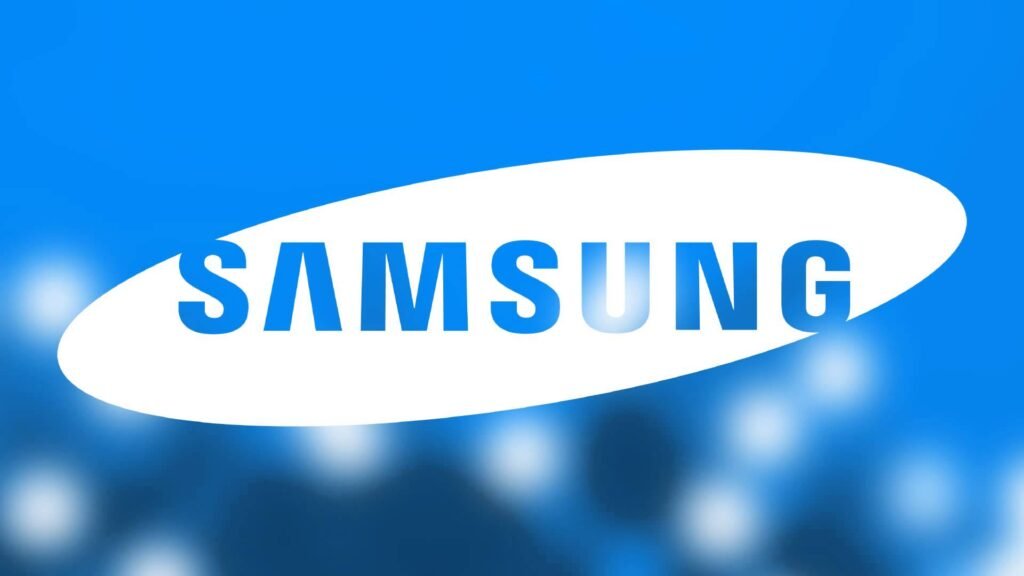Samsung Electronics, recognized as the world’s largest memory chipmaker, has responded decisively to confront the persistent challenges of the ongoing “chip crisis.” In a strategic maneuver aimed at bolstering its position in the swiftly expanding artificial intelligence (AI) chip market, the company has opted to revamp its semiconductor division’s leadership. Young Hyun Jun, a seasoned executive renowned for his strategic insight, has been appointed to spearhead this crucial division. This development occurs against an escalating demand for AI chips, where Samsung has found itself lagging behind its industry counterparts.
Samsung’s Strategic Response to the Chip Crisis

Samsung’s decision to entrust Young Hyun Jun with leadership responsibilities demonstrates the company’s unwavering commitment to strengthening its position in the semiconductor industry. Recognizing the importance of strong guidance in overcoming obstacles and capitalizing on emerging opportunities in the AI chip arena, Samsung has taken proactive steps to address these challenges head-on. The chip crisis began with Samsung’s perceived inability to deliver high-quality AI chips, which are critical components driving advances in machine learning and deep learning technologies.
With his extensive experience, Jun emerges as a key figure in Samsung’s strategic realignment. Having previously led Samsung’s memory chip business and played a key role in the evolution of DRAM and flash memory chips, his experienced leadership brings a wealth of insight and expertise to the multifaceted challenges posed by the chip crisis.
The Problem with the Previous Executive
The previous executive of the semiconductor division faced difficulties in responding swiftly to the surging demand for memory chips used in AI applications. While Samsung maintained a dominant market share (45.5%) in DRAM chips for tech devices, it lagged in the crucial high-bandwidth memory (HBM) chips segment. SK Hynix, a rival, controlled over 90% of the mainstream HBM3 market, leaving Samsung at a disadvantage.
Understanding the Chip Crisis
The chip crisis emerged due to several factors. First, the global demand for AI chips skyrocketed, driven by applications in artificial intelligence, data centers, and high-performance computing. Second, Samsung’s specialized products, including HBM chips, were priced higher, limiting their market share. Third, the company faced stiff competition from Taiwan’s TSMC in the foundry space.
Jun’s Role and Expectations
Young Hyun Jun’s appointment aims to address these challenges head-on. His management expertise, honed during his tenure as CEO of Samsung SDI’s battery arm, will be crucial in overcoming the chip crisis. Analysts anticipate that Jun’s leadership will help Samsung regain its competitive edge in the AI chip market.
Strategic Initiatives for Samsung’s Semiconductor Division
1. Research and Development (R&D) Investment
Samsung plans to allocate significant resources to accelerate the development of cutting-edge chip technologies. This includes investing in AI-specific chip designs, advanced materials, and innovative manufacturing processes. By prioritizing R&D, Samsung aims to stay at the forefront of technological advancements in the semiconductor industry.
2. Collaborations and Partnerships
To foster innovation and knowledge sharing, Samsung will forge strategic partnerships with other semiconductor companies, research institutions, and universities. These collaborations will facilitate joint projects and expedite the pace of innovation, positioning Samsung as a leader in the AI chip market.
3. Talent Acquisition and Retention
Attracting and retaining top talent in chip design, fabrication, and AI applications is a priority for Samsung. Young Hyun Jun will create an environment that nurtures creativity and encourages employees to stay, ensuring a skilled workforce capable of driving innovation and maintaining Samsung’s competitive edge.
4. Aggressive Product Roadmap
Samsung aims to develop a comprehensive product roadmap that addresses both short-term and long-term needs in the AI chip market. Prioritizing the development of AI-focused chips, including high bandwidth memory (HBM) chips, will enable Samsung to effectively compete with rivals and meet evolving customer demands.
5. Supply Chain Optimization
Strengthening relationships with suppliers and optimizing the supply chain are critical for Samsung during the chip crisis. Ensuring a steady flow of critical components is essential to meet production demands and maintain market competitiveness.
6. Market Positioning
Samsung will clearly define its position in the AI chip market and identify niches where it can excel and differentiate itself from competitors. By understanding market dynamics and customer needs, Samsung aims to strategically position itself for success.
7. Customer Engagement
Engaging with customers, including tech companies, automakers, and data centers, is essential for Samsung to understand their requirements and tailor chip solutions accordingly. By building strong customer relationships, Samsung can ensure its products meet market demand effectively.
8. Risk Mitigation
Diversifying product offerings to reduce reliance on specific chip types is a key strategy for Samsung. Exploring emerging markets and applications beyond AI will help mitigate risks and enhance Samsung’s resilience in the face of market fluctuations.
9. Communication and Transparency
Samsung will keep stakeholders informed about progress, challenges, and strategic decisions to build trust and confidence. Transparent communication fosters collaboration and ensures alignment with stakeholders’ expectations.
10. Long-Term Vision
Developing a long-term vision for Samsung’s role in shaping the future of AI chips is paramount. Young Hyun Jun will align the company’s efforts with industry trends and customer needs, ensuring Samsung remains a leading player in the semiconductor industry.
Unusual Timing
Replacing a high-ranking executive mid-year is uncommon at Samsung, where personnel changes typically occur at the beginning of the year. However, the urgency of the chip crisis necessitated this preemptive measure.
Samsung’s strategic move to appoint Jun underscores its determination to thrive in the AI chip crisis landscape. As the industry evolves, Jun’s leadership will play a pivotal role in shaping Samsung’s future competitiveness.
